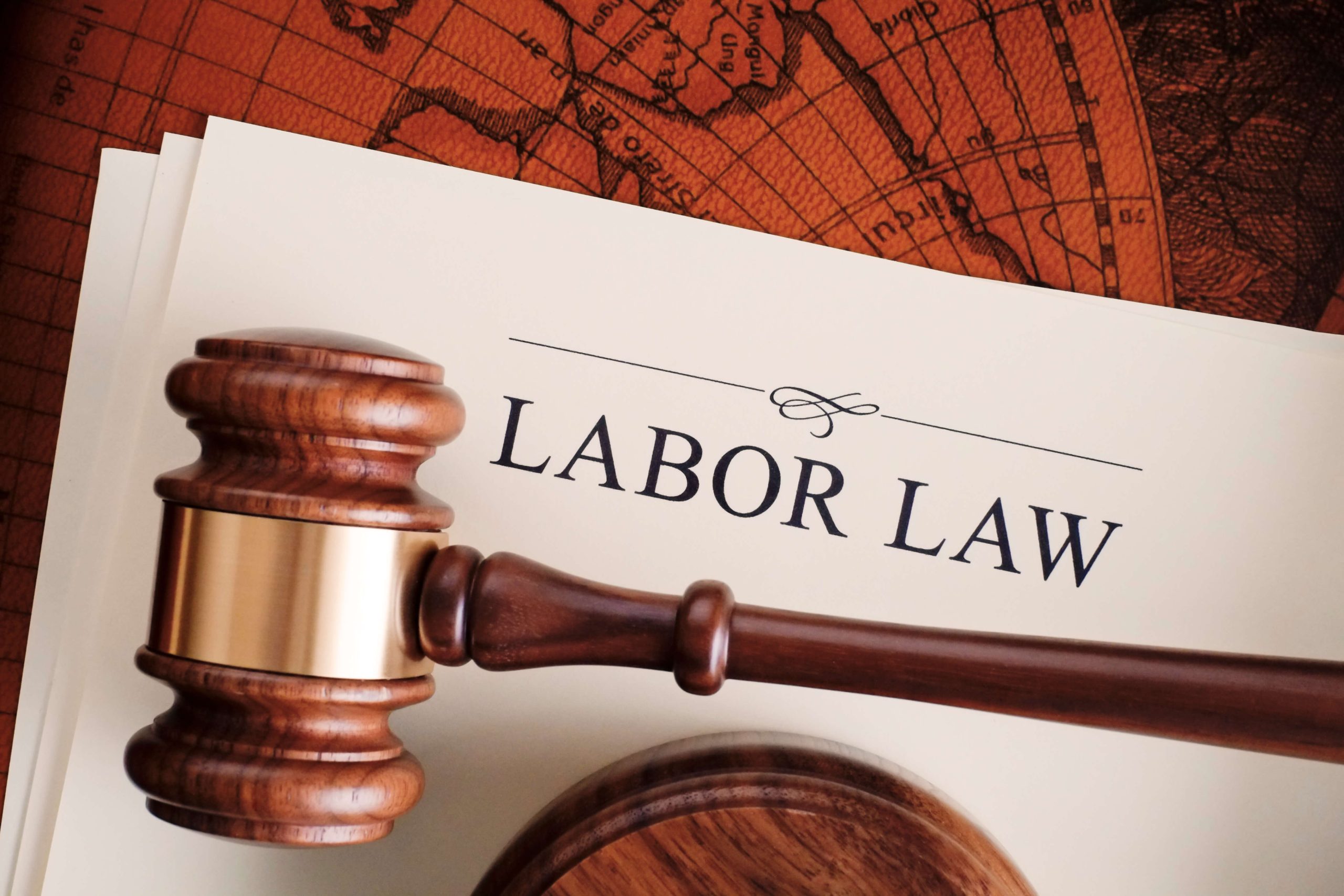Quick Hits
- An NLRB judge found that an employer’s noncompete and nonsolicitation provisions in an employment agreement were unlawful for employees who were not supervisors or managers because they could chill the employees from engaging in activities protected by the NLRA.
- The ruling applied the NLRB’s most recent framework for evaluating work rules from the perspective of an employee who is economically dependent on the employer.
- The ruling provides an opportunity for scrutiny of noncompete and nonsolicitation agreements by the NLRB.
In J.O. Mory, Inc., ALJ Sarah Karpinen in NLRB Region 25 found that noncompete and nonsolicitation provisions in an employment agreement that employees were required to sign chilled employees’ rights to engage in union and other protected concerted activity under Section 7 of the NLRA. The ALJ ordered the employer to rescind the challenged provisions and notify current and former employees subject to the same that the provisions’ requirements were no longer in effect.
The ruling comes a year after the NLRB General Counsel issued a memorandum declaring her opinion that “except in limited circumstances” the “proffer, maintenance, and enforcement” of noncompete agreements in employment contracts and severance agreements violate Section 8(a)(1) of the NLRA, which makes it an unfair labor practice for an employer “to interfere with, restrain, or coerce employees in the exercise” of Section 7 protected activity.
The J.O. Mory case involved a commercial heating, ventilation, and air conditioning (HVAC) technician who was a “salt”—a union organizer who takes a non-union job intending to organize a workforce. The employer argued it discharged the employee after learning that the employee had falsely claimed to have previously worked at a non-union shop.
In the decision, the ALJ found that the employer unlawfully discharged the employee for engaging in NLRA-protected activity, including the “salting” activity, and the ALJ ordered the employee reinstated with back pay and other make-whole compensation.
A key part of the ruling was the ALJ’s finding that three challenged provisions in the employee’s employment agreement related to noncompetition and nonsolicitation terms were unlawful under the NLRB’s employee-friendly standard for evaluating work rules and policies adopted in its August 2023 decision in Stericycle, Inc.
Evaluating Work Rules
Under the framework adopted in Stericycle, the NLRB will evaluate whether a facially neutral work rule or policy could reasonably be interpreted to be coercive “from the perspective of an employee who is subject to the rule and economically dependent on the employer.” If that burden is met, the NLRB will find the rule presumptively unlawful “even if a contrary, noncoercive interpretation of the rule is also reasonable.” An employer may rebut that presumption by showing that “the rule advances a legitimate and substantial business interest” that the employer cannot advance “with a more narrowly tailored rule.”
In the J.O. Mory case, the ALJ evaluated three challenged provisions of the employee’s employment agreement:
- a nonsolicitation provision intended to prevent “pirating” by prohibiting employees during their employment and for twenty-four months after separation from “solicit[ing], encourag[ing], or attempt[ing] to persuade any other employee of [the] Employer to leave the employ of [the] Employer”;
- a noncompetition provision that prohibited former employees for twelve months following separation from “directly or indirectly” engaging in or working for “any other business similar or competitive with [the] Employer’s business”; and
- a provision that required the employee to report “any and all offers or solicitations of employment that [the] Employee may receive from third-parties” and that did not include a limitation for union or other protected activity.
The ALJ’s Decision
The ALJ found that all three of the challenged provisions chilled employees from engaging in protected Section 7 activity from the perspective of an “employee who is dependent on [the employer] for a paycheck.” Notably, the ALJ expressly referred to the potential to chill the “salting” activity, which the ALJ found to be protected activity under prior NLRB precedent.
Specifically, the ALJ stated that the provisions “would deter a reasonable employee from working for other employers in the area as a union salt or recruiting others to do so for fear of being accused of inducing other employees to leave, being forced to tell their supervisors about job offers they receive, or having [the employer] find out they are working for one of its competitors.”
The ALJ further determined that the provisions “unlawfully restrict[ed] the activity of current and former employees” because employees’ “knowledge that they will be unable to work for a competitor in their geographic area if they are fired or leave would necessarily impact their behavior before and after they leave [the employer’s] employ.”
Finally, the ALJ found the employer provided no evidence that the challenged provisions advanced “any legitimate business interest” and that it was, therefore, “unnecessary” to conduct the analysis under the second part of the Stericycle standard. However, the ALJ stated that even under the provisions’ stated purposes of protecting the employer’s rights under the agreement preventing “pirating,” other unchallenged provisions, such as those protecting confidential, proprietary information, addressed those concerns.
In finding the challenged employment agreement provisions unlawful in J.O. Mory, the ALJ drew distinctions with employment policies found to be lawful by the NLRB in other cases where the restrictions did not so “broadly prohibit” employee conduct. The ALJ did not conclude that noncompetition and nonsolicitation restrictions are generally unlawful under the NLRA.
The ALJ ordered the employer to rescind all three of the provisions and ordered the employer to “send each of its current and former employees who have been subject to the same or similar agreement [notice] that those provisions have been rescinded and they are released from any obligations pursuant to them.”
Key Takeaways
The ruling in J.O. Mory is significant for employers in that it highlights the application of the NLRB’s new Stericycle framework for evaluating workplace rules, specifically the focus on looking at a work rule from the perspective of an employee who is economically dependent on an employer.
The ruling also signals the potential for expanded NLRB scrutiny of noncompete and nonsolicitation agreements (and other restrictive covenants) as potentially chilling of protected concerted activity under Section 7 of the NLRA, if timely exceptions are filed to the ALJ’s decision.
Regardless, this decision tracks the NLRB General Counsel’s heightened interest (publicly announced in 2023) in pursuing complaints related to restrictive covenants, such as noncompete agreements. Specifically, on May 30, 2023, the NLRB General Counsel released her memorandum to all regions communicating that “[e]xcept in limited circumstances … the proffer, maintenance, and enforcement of [non-compete] agreements violate Section 8(a)(1) of the [NLRA].” In that memorandum, the NLRB General Counsel advocated for the application of the then-pending Stericycle standard to noncompete agreements.
Ogletree Deakins will continue to monitor developments and will provide updates on the Traditional Labor Relations and Unfair Competition and Trade Secrets blogs as additional information becomes available.
Follow and Subscribe








